SESSION 1 (2025)
LEG 1 (11/25 - 12/8)
READING:
Emotionally Healthy Discipleship by Peter Scazzero
Introduction: The Difficult Journey to Move beyond Shallow Discipleship
Chapter 1: The Four Failures that Undermine Deep Discipleship
Chapter 2: The Emotionally Healthy Discipleship Personal Assessment
The Deeply Formed Life by Rich Villodas
Introduction - Formed by a Shallow World
REFLECTING:
Reflect on the following questions regarding the reading, writing in your journal:
What is one step you can take today to quiet the noise in order to listen more attentively to the voice of Jesus and slow down in order to live more faithfully to the way of Jesus? (EHS-WB, p26)
Fill in the blanks: What I am beginning to realize about God this week is _______. What I am beginning to realize about myself this week is _______. (EHS-WB, p34)
What is one thing about The Way that has you excited? What is one thing that has you nervous?
PREPARING:
Complete the Emotionally Healthy Discipleship Personal Assessment and send the results to Pastor Ashley. Keep this on hand to compare as we take this again in later years.
Read and agree to the Syllabus, specifically the commitments section
LEG 2 (12/9 - 12/22)
READING:
Emotionally Healthy Spirituality by Peter Scazzero
Chapter 1: The Problem of Emotionally Unhealthy Spirituality
Appendix B: Defining Emotional Health and Completive Spirituality
1 Samuel 15
REFLECTING:
What challenges are you facing that are keeping you from slowing your life down in order to be with God and preventing you from experiencing God’s presence more regularly?
What is the biggest challenge you face in being still and silent before the Lord each and every day?
What things are worrying and upsetting you as you begin this day? What are you angry about, sad about, or afraid of today? Come back to this question as frequently as you can in your journal. What themes or patterns are you noticing?
What fears are you carrying that you can release to your Abba Father today?
What is one step you can take today to quiet the noise in order to listen more attentively to the voice of Jesus and slow down in order to live more faithfully to the way of Jesus? Come back to this question each week if possible.
Identify three of the the ten symptoms of emotionally unhealthy spirituality, as described in Emotionally Healthy Spirituality, that you most relate to and write a self-diagnosis of each symptom.
In 1 Samuel 15:11, what do you notice about God and Samuel’s response to Saul’s failure to fully obey? How does this differ from Saul’s response in verse 12-13?
Reread verses 12 and 24. What might have been going on beneath the surface of Saul’s life (iceberg) that he was unaware of? Note the seriousness of verse 23a. What positive step(s) could Saul have taken to become aware of his own iceberg and hear God in his situation? What might be one positive step for you?
List one or two examples of how you go through the motion of making “burnt offerings” and “sacrifices” rather than obeying the word of the Lord (e.g., acting or speaking from fear of what others think, or being one person at church and another person at work or home, or not having a place in your life to be still and listen to the Lord)?
LEG 3 (12/23 - 1/5)
READING:
Sacred Rhythms by Ruth Haley Barton
Introduction
Chapter 1: Longing For More - An Invitation to Spiritual Transformation
Liturgy of the Ordinary by Tish Harrison Warren
Chapter 1: Walking - Baptism and Learning to Be Beloved
REFLECTING:
What is one step you can take today to quiet the noise in order to listen more attentively to the voice of Jesus and slow down in order to live more faithfully to the way of Jesus? (EHS-WB, p26)
Fill in the blanks: What I am beginning to realize about God this week is _______. What I am beginning to realize about myself this week is _______. (EHS-WB, p34)
Why have you joined this journey? What is it you want from Jesus? If you’re unsure of how to answer, trying filling in the blank: “God, what I most need from you right now is ______.” (SR, p28)
What do you (honestly) typically think when you see someone dip their fingers into a bowl of holy water at the back of a church and then make the sign of the cross? What is your response or reaction? Tish speaks to this, sharing a commonly stated phrase, “Remember your baptism.” How has what you read changed your perspective on this practice? Why might this practice be formative as an important reminder?
What other Christian practices do you view in a less than positive light or have concerns with that you might possibly misunderstand the meaning behind?
PREPARING:
Watch or listen to “2 Ways” from Matthew 7:13-14 from The Sermon on the Mount on August 15, 2021
PUBLISHED: Tuesday, November 12th, 2024, at 3:52PM
UPDATED: -

